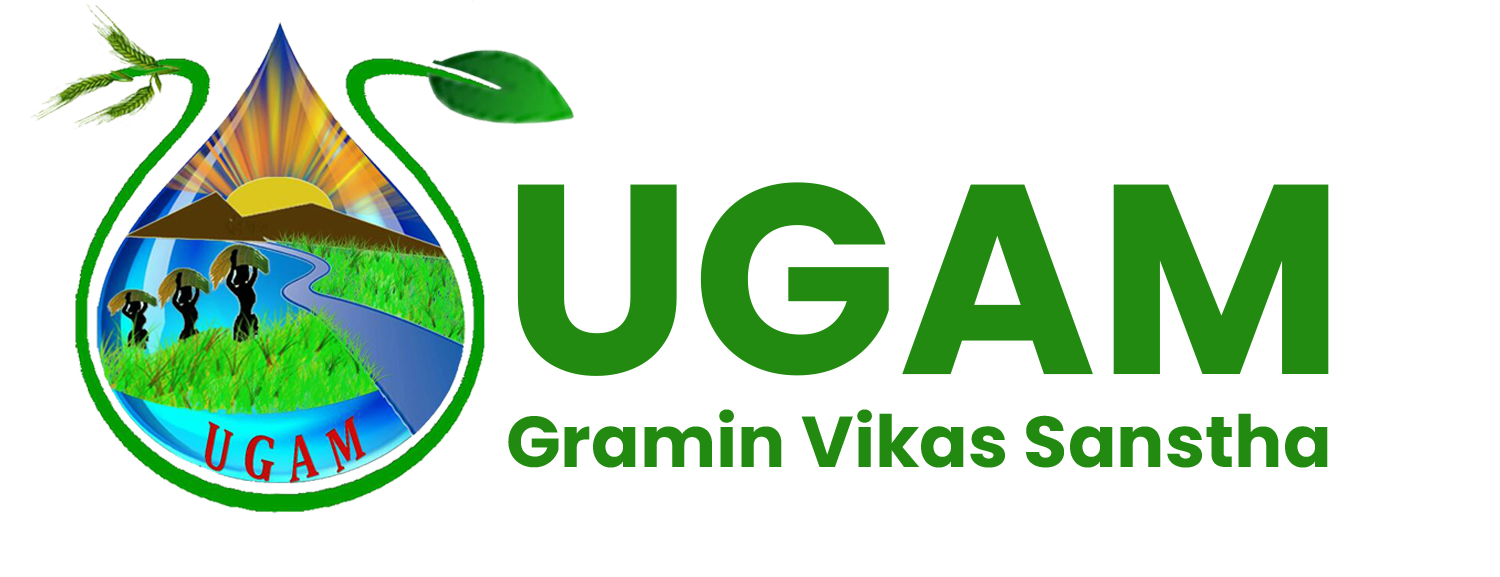There are marked regional differences in the distribution of financial services; with a considerably lower access in economically backward regions to the rural men and specially the rural women. From the point of view of rural banks, catering to the rural poor is highly risky and costly. Highly irregular income streams and expenditure patterns drive up the default risk. These difficulties are compounded by lack of collateral, delays in recovery of loans, and inability to make productive use of loans. Small marginal/landless farmers do not have a bank account and a major chunk of those who have do not have access to credit from a formal source. Access to formal sources especially of the poor is limited as they often need to borrow for unexpected contingencies (e.g. death, sickness, accidents) from relatives/friends, and local moneylenders.

Dove Model

The rural poor are mainly the small marginal farmers, landless labourers; the work being considered under unorganized sector. The challenge is to bring them on a common platform in a single entity unit. This became possible through the formation of Self-Help Groups (SHGs).
Savitri Bai Mutual Benefit Trust (SPMBT) is a functioning body of UGAM was incepted in 2008 that provides loans/credit to the SHG groups and facilitates them to become Entrepreneurs by starting small businesses, shops. Women especially small marginal
farmers/landless are being facilitated for group formation and various meetings, capacity building trainings are being provided to enhance knowledge in financial handling, Book keeping, Documentation.
Women Empowerment through Microfinance SHG is a holistic program of micro-enterprise covering all aspects of self-employment, organization of the rural poor into self-employment, organization of the rural poor into self-help groups and their capacity building, planning of activity clusters, infrastructure build up technology, credit and marketing. It lays emphasis on activity of clusters based on the resources, the occupational skill of the people and availability of markets. A self-help group is a small economically homogeneous affinity group of the rural poor voluntarily coming to gather to save small amount regularly which are deposited in common fund to meet member’s emergency needs and to provide collateral free loans decided by the group. Mainly, members of the SHGs are women This has led to boost the process of women empowerment.
Achieved Outcome/Impact
- 285 SHG groups with 2,960 women memberships across four blocks
- Total Savings of the group stands to be INR 19,906,750 with an outstanding of INR 8,831,276
The amount has been spent majorly for agricultural activities and animal husbandry together with entrepreneurship ventures in Goat rearing, Sheep rearing, Poultry, Saree shops, Bangles shop etc.
NABFIN
National bank for agriculture and rural development- NABARD is a financial institution that deals with providing economic support for agriculture and other activities in rural areas. It provided loans at an interest rate of 2%. Anik acts as a surety and a loan-sanctioner when NABARD has to provide loan to the SHGs.
The money provided by NABARD is directly credited to the accounts of the SHG members and the interest is paid by the cluster members at UGAM Gram Vikas Sanstha’s office. The cluster members are reimbursed their travelling fare by UGAM when they come for paying the interest of the village.
UGAM has distributed 1.48 Cr rupees to around 300 SHGs.
Anik Financial services Pvt Ltd.
Anik is a non-governmental company which is supported by RBI. Previously the SHG had to depend on Banks or Savitribai Phule Trust in order to apply for loans which were limited to 40,000 rupees. Anik was previously shut down and later revived by the combined efforts of five districts of Maharashtra including Hingoli, Parvani, Latur, Usmanabad, for the purpose of acting as an intermediary between RBI and the SHG.
Due to the existence of this company, the SHGs now can receive loan amount even up to 1,50,000 rupees at the interest of 1%. For understanding the credibility of a loan requirement posed by an SHG, Anik depends on the judgment of the entire Federal structure formed by the SHGs




